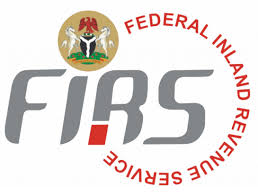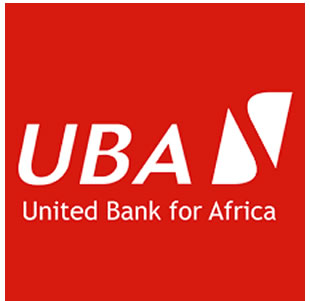By Omoniyi David
Lawmakers from 16 African countries met in Abuja last week for the 8th Conference of the African Network of Parliamentary Budget Offices (AN-PBO), warning that fiscal leakages drain the continent of an estimated $587 billion annually.
The conference, hosted at the Abuja Continental Hotel, underscored Nigeria’s vulnerability as Africa’s largest economy, where corruption and illicit financial flows continue to undermine development.
In his keynote address, Speaker of the House of Representatives, Tajudeen Abbas, decried the scale of losses.
“Every year, billions that should be building hospitals in Nairobi, equipping schools in Accra, or paving roads in Lagos vanish into illicit flows and profit shifting. Corruption alone drains Africa of $148 billion annually. This is unsustainable,” he said.
Abbas revealed that Nigeria’s procurement fraud costs about $18 billion yearly, equivalent to 3.8 percent of GDP – money that could finance critical infrastructure. He described the losses as a harsh reminder of how much disappears before budgets are implemented.
Clerk to the National Assembly, Kamoru Ogunlana, called the summit “a springboard for innovation and a moment to reimagine fiscal governance across the continent.”
The Nigerian context added urgency to the discussions. The country loses an estimated $582 billion to corruption since independence, with PwC projecting that unchecked graft could erode up to 37 percent of GDP by 2030.
In 2014 alone, every Nigerian effectively lost about $1,000 to corruption, a figure projected to double by 2030.
Delegates noted that African countries with high illicit financial flows spend up to 25 percent less on health care and 58 percent less on education.
Experts stressed that with Nigeria’s $18 billion annual loss, the country could build between 1,800 and 3,600 fully equipped hospitals each year, rehabilitate schools, or finance major road projects.
The consequences, they observed, are visible in underfunded hospitals, dilapidated schools, poor infrastructure, and worsening insecurity across the northeast, northwest, and Niger Delta.
Participants debated reforms including establishing independent budget offices, improving fiscal data, and enforcing procurement transparency.
Abbas assured that Nigeria’s planned National Assembly Budget and Research Office would strengthen lawmakers’ oversight and accountability.
The conference closed with resolutions to improve fiscal discipline across Africa. But observers noted that Nigeria’s ability to act on the recommendations and stem its $18 billion annual losses will determine whether the resolutions translate into real development.


 News23 hours ago
News23 hours ago
 Crime23 hours ago
Crime23 hours ago
 News23 hours ago
News23 hours ago
 Abuja Reports16 hours ago
Abuja Reports16 hours ago
 Entertainment23 hours ago
Entertainment23 hours ago
 Crime23 hours ago
Crime23 hours ago
 Insecurity15 hours ago
Insecurity15 hours ago





















